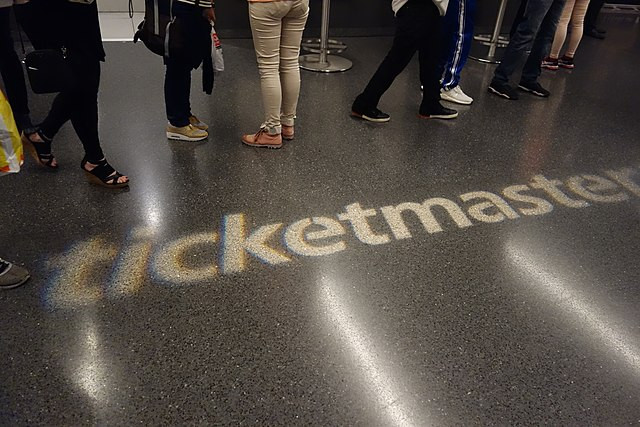The U.S. Department of Justice is reportedly gearing up to sue Live Nation Entertainment, the parent company of Ticketmaster, on grounds of antitrust violations. This impending lawsuit, first disclosed by The Wall Street Journal, stems from allegations that Ticketmaster has abused its dominant position in the ticketing market to stifle competition and control the live events space.
At the heart of the controversy is Ticketmaster's role in a major ticketing debacle during the presale of Taylor Swift's "Eras" tour in 2022, which left countless fans frustrated due to system outages. This incident not only inflamed public sentiment but also caught the attention of U.S. lawmakers who, in a rare bipartisan moment, grilled Live Nation executives over the company's overpowering market influence.
Live Nation's defense has been straightforward. Joe Berchtold, president and CFO, has maintained that Ticketmaster does not set ticket prices or decide on the number of tickets to be sold-these are typically determined by the venues. He also highlighted that Ticketmaster controls a minor fraction of the approximately 4,000 venues in the United States, implying that claims of its market dominance are overstated.
However, competitors and critics argue otherwise. SeatGeek's CEO, Jack Groetzinger, has claimed that venues feel compelled to use Ticketmaster's services lest they lose access to Live Nation concerts, suggesting an unhealthy monopoly that needs dismantling.
The legal challenges for Live Nation began to mount when the Justice Department, following the public uproar over the Taylor Swift ticket sales, started to probe whether Live Nation maintains an unlawful monopoly over the industry. This scrutiny revisits the 2010 DOJ-approved merger between Live Nation and Ticketmaster, which critics at the time feared would lead to higher ticket costs for consumers due to decreased competition. Despite regulatory efforts, including a revised settlement in 2019 that extended certain merger conditions and introduced an anti-retaliation clause, concerns about Live Nation's practices have persisted.
The lawsuit by the DOJ is expected to argue that Live Nation's tactics have indeed undermined competition in the live events market. This would not be the first time Live Nation has faced legal pressure; the company has had to navigate various regulatory challenges and public relations crises over the years due to its expansive control.
The financial implications are already visible as Live Nation's shares dipped nearly 7% following the news. The broader repercussions for the live event ticketing market could be substantial, potentially catalyzing changes in how tickets are sold and who controls the market.
As the situation develops, both the industry and consumers are keenly watching. The outcome of this lawsuit could influence not just ticket prices and availability but also how antitrust laws are enforced against dominant players in the entertainment industry. With the DOJ expected to file the lawsuit soon, Live Nation and Ticketmaster might need to prepare for a significant legal battle that could reshape the competitive landscape of the live events industry in the United States.






